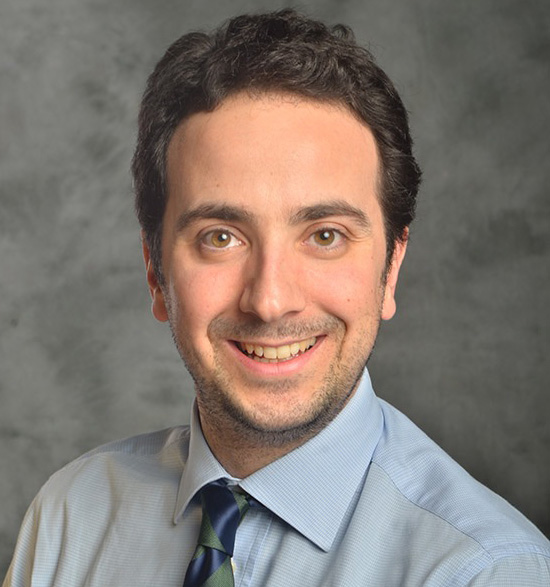Dr. Luca Bartolini creates survey on best practices to treat anti-NMDA receptor encephalitis
April 19, 2016

The following information was provided by Neurology, the official journal of the American Academy of Neurology.
In the absence of data from clinical trials, anecdotal experience and expert opinion become the main source of knowledge on which medical decisions are made to treat anti-NMDA encephalitis. Clinical approaches and decision-making are apt to change over time and may differ between institutions, regions, and countries. “Practice Current,” an interactive exchange on controversial topics allows neurologists to share their own best practices and see real-time survey results. Dr. Bartolini’s work When Guidelines Aren’t Available explains how his survey of doctors’ work will lead to greater understanding of best practices. The survey itself can be found at How do you treat anti-NMDA Encephalitis? More information on Dr. Bartolini’s work will be posted in AEA’s blog next week.
Luca Bartolini, MD is a Child Neurology fellow at Children’s National Health System in Washington, DC. He graduated from the School of Medicine of the University of Padua, Italy, and he completed his pediatric training first at the University of Padua and then at Children’s National. As part of his basic neuroscience pathway to board certification, he is currently investigating the role of viral and inflammatory mechanisms in the pathophysiology of epilepsy at the National Institutes of Health, where he will also complete a Clinical Neurophysiology/Epilepsy fellowship starting in 2017. Dr. Bartolini also serves as Section Editor for Neurology Clinical Practice.